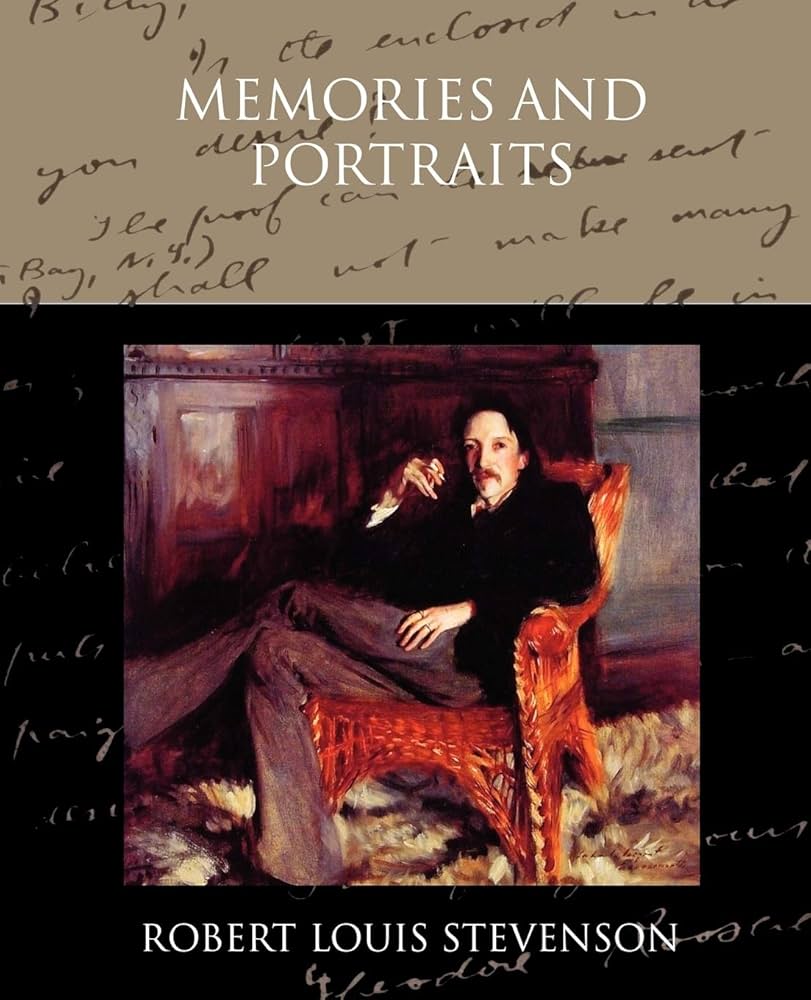Chapter V — An Old Scotch Gardener
byChapter V opens with a portrait of Robert, whose quiet strength and earthy wisdom recall a time when gardens were more than mere landscapes—they were extensions of the soul. He worked not for prestige but from a deep-rooted connection to the land, shaped by seasons and soil rather than modern manuals. Though age had bowed his back, his eyes still held the calm of a man who spoke in deeds, not words. Robert didn’t tend flowers for show; he cultivated purpose, making vegetables thrive like proof of his enduring craft. His was a world that prized function over flourish, except where nostalgia softened the edges—like in his careful protection of foxgloves, whose speckled petals stirred boyhood memories. The value he placed on the natural order was both practical and poetic, grounded in a rhythm untouched by current trends.
Bees, to Robert, were not just insects but a model of disciplined peace, a living metaphor for a society he revered but no longer found. Their silent cooperation and purposeful toil mirrored his own ideals—steadiness, harmony, and a lack of vanity. Watching them was, for him, a form of worship, as meaningful as any sermon. The buzzing hive offered more than honey; it brought affirmation that order and usefulness could exist without display. Robert’s spiritual life, though rarely voiced in public, was lived in quiet moments—never preachy, always sincere. He quoted scripture like one recalling familiar melodies, not to argue but to share comfort and guidance. His faith, marked by restraint and reflection, informed every movement, every pruning cut, and every turned patch of soil.
The connection between Robert and his garden was not unlike that of a painter and his canvas—both drew meaning from the interaction. Each row of beans, each trimmed hedge, reflected values inherited from an era when work was a kind of prayer. That dignity stayed with him, even as he no longer served the grand estates of his youth. He adapted to a smaller life without bitterness, carrying pride in the integrity of his labor. Visitors may have overlooked the modest setting, but those who lingered recognized in Robert’s work the legacy of generations. His tools, worn smooth by years of use, were as much part of the story as the soil beneath them.
In many ways, Robert represented a bridge between eras—someone who remembered when gardens were planned with both beauty and survival in mind. His refusal to chase after ornamental novelties wasn’t due to ignorance, but to a philosophy shaped by necessity and tempered by grace. He believed that every plot of earth had a purpose, and each gardener a duty to bring out its best without arrogance. His methods, simple as they were, bore the wisdom of patience and respect for natural limits. Where others imposed control, Robert offered cooperation. The result wasn’t just produce—it was a life made visible in rows, rhythms, and resilience.
Younger generations might have viewed him as old-fashioned, but Robert never saw the need to explain himself. The garden did the talking, bearing witness to his quiet excellence. He taught through example, not instruction, and those who worked beside him found themselves changed—not by force, but by observation. His sense of time was slower, more deliberate, rooted in the idea that nothing worth doing should be rushed. In that, he offered a counterbalance to modern life’s haste. The world he inhabited wasn’t nostalgic fantasy; it was a lived reality, modest and measured, where values were cultivated as carefully as crops.
As the seasons passed, Robert aged like the trees he once planted—weathered but strong, overlooked yet essential. To some, he was a relic, but to those who understood, he was a keeper of truths too easily forgotten. His presence offered a reminder that there is wisdom in simplicity, dignity in labor, and richness in a life attuned to the natural world. Long after the last planting, his spirit would remain in the soil, teaching future hands not just how to grow, but how to live with quiet purpose. His memory, like the garden paths he once walked, endures—not in monuments, but in the living things that still carry his mark.

